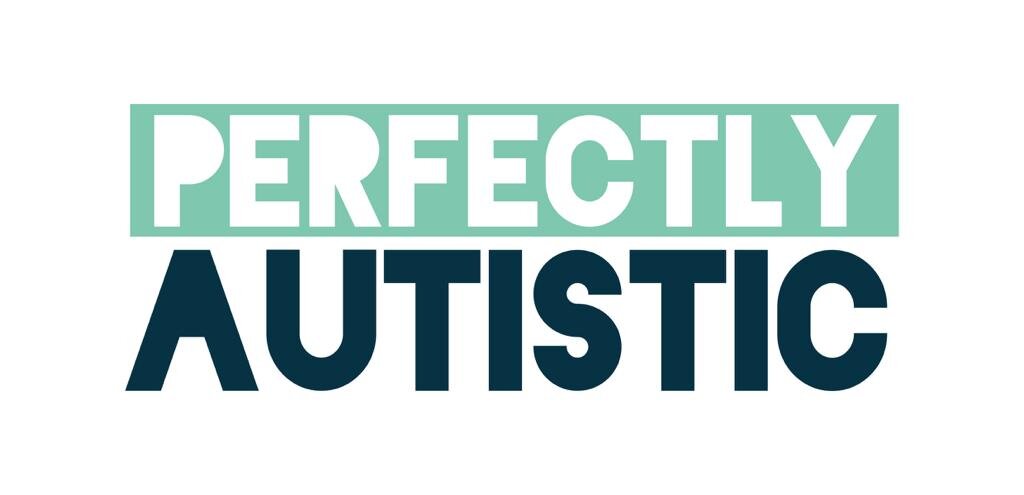How the manufacturing industry can support neurodivergent staff
We were delighted to have a 13 page feature in Manufacturing Digital magazine this week. You can read the full version here, but below is some of what we talked.
Manufacturing and neurodiversity is a hot topic right now. But if you are a manufacturing company how do you support your neurodivergent employees. Or if you are neurodivergent yourself, or suspect you are, how can you work in manufacturing successfully?
Read on to find out:
What's the most common misconception you see about ADHD and autism?
A lot of people think that all autistic people or all those with ADHD are the same. There can be similar traits and challenges within each condition and across the neurodiversity spectrum, but each person neurodivergent is different. This is very important to remember, especially within the workplace. Not all autistic people are maths geniuses and not all ADHD people are outgoing and love to socialise.
Do you feel societal attitudes to neurodiversity are changing?
Societal attitudes towards neurodiversity are definitely changing which is really positive.
There is an increased drive for awareness largely due to the increase of social media and conversation about neurodiversity. ADHD and autism ‘influencers’ are also helping to keep the conversation going and helping people access information which are causing light bulbs to go off in their own head.
Representation in media can be a double-edged sword: Neurodivergent characters are appearing more frequently in films, TV shows, and books, and are often portrayed in a more nuanced and authentic manner. This representation helps reduce stigma and broadens societal understanding of neurodiversity. The news has a lot to answer for when it comes to reporting on neurodiversity and documentaries like the Panaroma documentary about ADHD can massively impact the neurodiversity community and people’s views negatively.
Schools are increasingly adopting more inclusive approaches to education (although there is still a lot to be done in this area) but it is so important to support neurodivergent students as they will leave education and may well want to end up with a career in manufacturing. So the more ground work that can be done in the educational setting, the better.
How can manufacturers create environments and cultures that are more welcoming and supportive to neurodivergent staff?
There are a number of strategies that manufacturers can implement to create more welcoming environments for neurodivergent staff.
Tailored Workspaces: Offer sensory-friendly work environments with quiet zones, adjustable lighting, and noise-cancelling options to accommodate those sensitive to sensory overload. This isn’t always easy in some locations, but quiet spaces can make a huge difference.
Clear Communication: Use clear, direct language in verbal and written instructions. Avoid reliance on indirect language or social cues that may be challenging for some neurodivergent individuals. Don’t assume that someone understands what you are implying.
Staff Training: Provide neurodiversity awareness training for all employees, run by neurodiverent people themselves. This is important especially for managers and can help to build empathy and understanding, fostering a more inclusive culture.
Click the link to read the full article and find out more ways to support neurodivergent staff in manufacturing.
Kelly, what was your experience like as an autistic/ ADHD individual working in the corporate world?
Being diagnosed later in life, I have spent most of my career not knowing that I was autistic and I found many elements of work challenging, but didn’t know why. One of the areas I found particularly challenging was the people management side of the role. Not that I couldn’t do it, but I just found it hard to relate to others around me and understand some of the challenges they had. Despite this I was successful in leading a number of high performing teams.
Looking back on my career, I realise that I moved roles within the companies every 12-18 months usually through promotion. But also on occasion moved companies due to the desire for change. I wonder now, looking back through an autism lens, that actually this 12-18month period was the length of time I was able to mask for. Masking is something that autistic people do to fit in with those around them. It is incredibly draining and exhausting. It can be done subliminally, it’s often not a choice, but you look at how others respond in certain situations and copy them often unintentionally.

